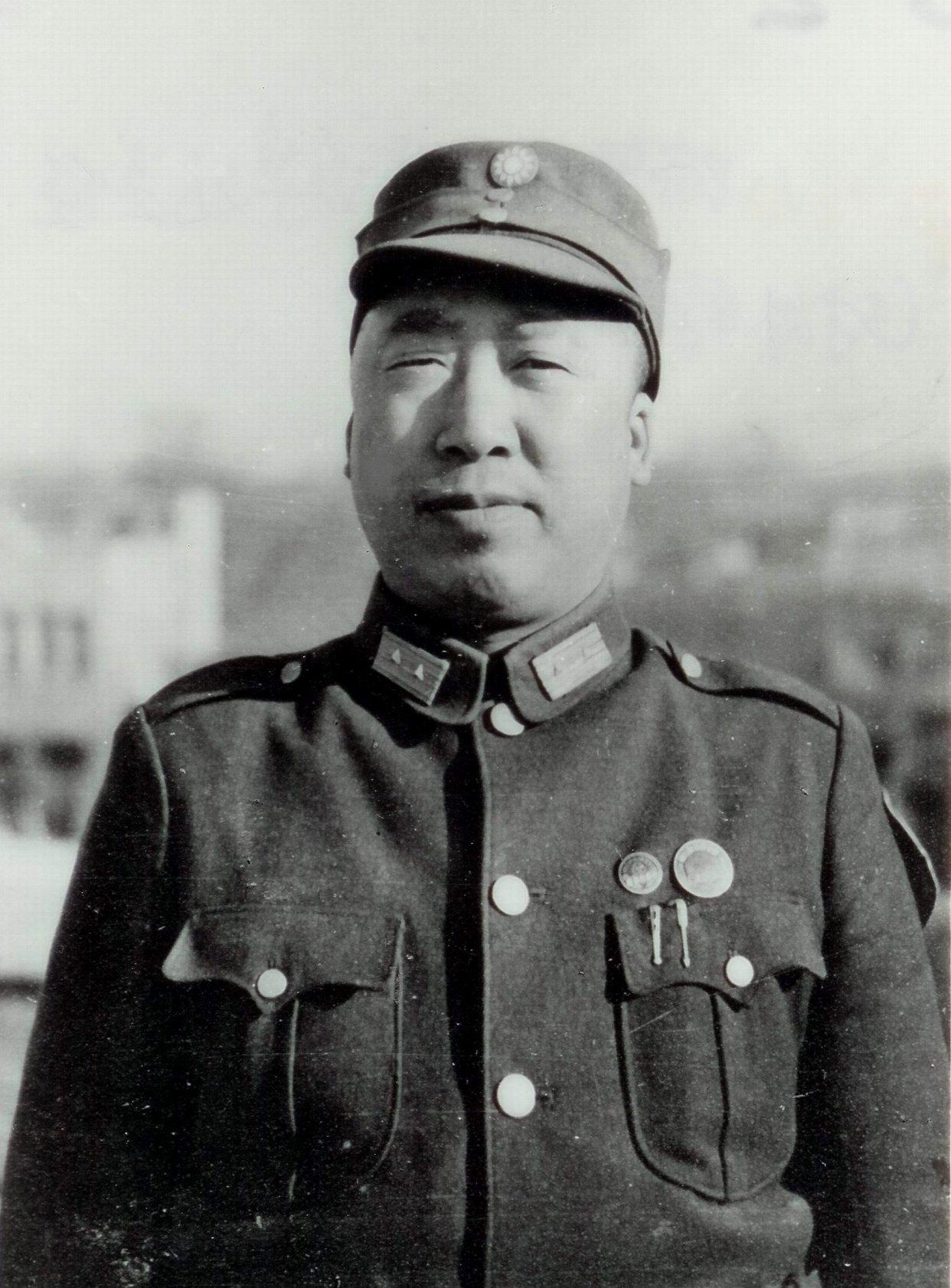He was a proletarian revolutionary of the old generation of our Communist Party of China and an outstanding leader of the party and the state; after the founding of the People's Republic of China, he held many important posts, such as minister of railways and vice chairman of the National Committee of the Chinese People's Political Consultative Conference; moreover, during the war years, he served as chief of staff of the Central Military Commission.

Teng Daiyuan, this name is definitely not unfamiliar, born in 1904 in Mayang, Hunan, when he was studying, he was a good student loved by teachers and students, because he had good academic performance and noble character, and his later participation in the revolution was actually related to his study at the Changde Provincial Second Normal School.
At that time, Teng Daiyuan was influenced by the new cultural trend in the school, and not long after, he also founded the "Jinjiang Tide" with his classmates, and in 1925, Teng Daiyuan also joined the Chinese Kuomintang, and in October of the same year, he transferred to our Communist Party of China, and then Teng Daiyuan often led students to participate in the student movement.
With the outbreak of the Ma-Ri Incident, Teng Daiyuan officially broke away from the Kuomintang, and he continued to struggle underground, and in June of the following year, Teng Daiyuan was appointed secretary of the Xiang'e-Ganbian Special Committee of the Communist Party of China, and later led the famous Pingjiang Uprising together with Peng Laozong and Huang Gongluo, and established the Fifth Army of the Chinese Workers' and Peasants' Red Army.
After the Red Fourth Army reached Jinggangshan, Teng Daiyuan was appointed deputy party representative of the Red Fourth Army and representative of the regiment party. Later, he served as the political commissar of the Red Third Army, the deputy general political commissar of the Red Army and the political commissar of the Third Army, and the director of the Armed Mobilization Department of the Central Military Commission, during which he also led the ministry to participate in the first to fourth anti-"encirclement and suppression" war, and won the second-class Red Star Medal of the Central Revolutionary Military Committee of the Chinese Soviet Republic.
In 1933, Teng Daiyuan also went to the Soviet Union as a delegate to attend the Seventh Congress of the Communist International, and was received by Stalin, and it was already 1937 when he returned to China again, at this time the War of Resistance Against Japan had begun in full swing, and after arriving in Yan'an, Teng Daiyuan immediately became the chief of staff of the Central Military Commission.
Later, Teng Daiyuan also led his troops to fight, and he was ordered to go to the northwestern Region of Jin to direct the anti-stubborn struggle, crushing the first anti-communist upsurge launched by the Diehards of the Kuomintang, and also greatly consolidating the anti-Japanese base area in northwestern Jin.
In the War of Liberation, Comrade Teng Daiyuan also made many achievements in battle, and in 1946 he led some troops to serve as an internal operation, recovering lost land and expanding the liberated areas.
However, in November 1948, Teng Daiyuan was transferred to the Ministry of Railways, and led the army and people to start repairing the damaged railway tracks and building new railways, thus ensuring the transportation of materials for our army.
Who would have thought that after the founding of the People's Republic of China, Teng Daiyuan continued to have a deep connection with the Ministry of Railways, and he became the first minister of railways of New China, making great contributions to the railway cause of our country.
Unfortunately, in 1955, the army was awarded the title, but Teng Daiyuan did not participate in the awarding, in fact, it was because Teng Daiyuan had long left the army and lost the qualification to evaluate according to the regulations, while the soldiers he had under him had walked out of 52 founding generals, which was really remarkable.
In 1974, General Teng Daiyuan died of illness in Beijing.